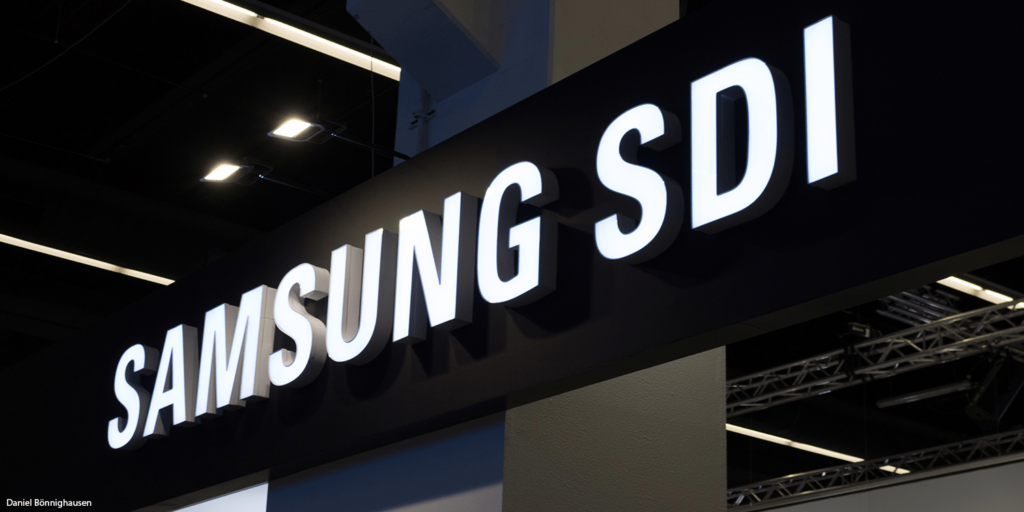EU Commission Approves €89.6 Million Hungarian Investment Aid to Samsung SDI’s EV Battery Plant

The European Commission has found Hungary’s €89.6 million measure in favour of Samsung SDI to be in line with EU State aid rules. The investment aid will support the expansion of Samsung SDI’s battery cell production facility for electric vehicle (‘EV’) in Göd. The aid will contribute to the development of the region and to job creation, whilst preserving competition.
The Hungarian measure
Samsung SDI is one of the main players in the fast-growing market of lithium-ion batteries . In December 2017, Samsung SDI decided to invest €1.2 billion to expand the production capacity of its existing battery cells production facility for EVs in the region of Göd.
The plant reached full production capacity in January 2022, supplying more than 6 million battery cells per month to customers mainly in the European Economic Area and creating 1,200 new direct jobs.
The production plant is located in Göd, in the region of Pest (Central Hungary) – an area eligible for regional aid under Art. 107(3)(a) of the Treaty on the Functioning of the European Union.
See related article: EU Commission and EBRD to Unlock €2.1 Billion for Sustainable Infrastructure and Green Economy
In 2018, Hungary notified the Commission of its plans to grant €108 million of public support for the project. In October 2019, the Commission opened an in-depth investigation to assess whether the measure was compatible with the Guidelines on Regional State Aid for 2014-2021 In June 2021, the Commission extended the scope of its investigation. In particular, the Commission sought to clarify whether:
- the aid has an “incentive effect”, i.e. whether the decision by Samsung SDI to expand its battery production capacity in Hungary was directly triggered by the public support or whether it would have been carried out in that area even without the aid;
- the public support would contribute to regional development and whether it was appropriate and proportionate;
- the public support could lead to the relocation of jobs from other EU Member States to Hungary.
The aid was granted in December 2021, subject to the Commission approval.
The Commission’s assessment
During its in-depth investigation, the Commission received and analysed feedback submitted by Hungary and by Samsung SDI. The Commission investigation showed that:
- without the public funding, the project would not have been carried out in Hungary or any other EU country, but it would have taken place in a third country since it would have been more profitable for Samsung SDI to produce battery cells there and to export the finished product to Europe;
- the aid is limited to the minimum necessary to incentivise Samsung SDI to carry out the investment in Hungary if it does not exceed €89.6 million. As a result of the investigation, the Commission established that the initially notified €108 million aid exceeded the minimum necessary to incentivise investment;
- the regional investment aid will contribute to job creation, as well as to the economic development and to the competitiveness of a disadvantaged region.
On this basis, the Commission concluded that the positive effects of the project on regional development clearly outweigh any distortion of competition brought about by the State aid. The Commission therefore approved the Hungarian measure under EU State aid rules.












